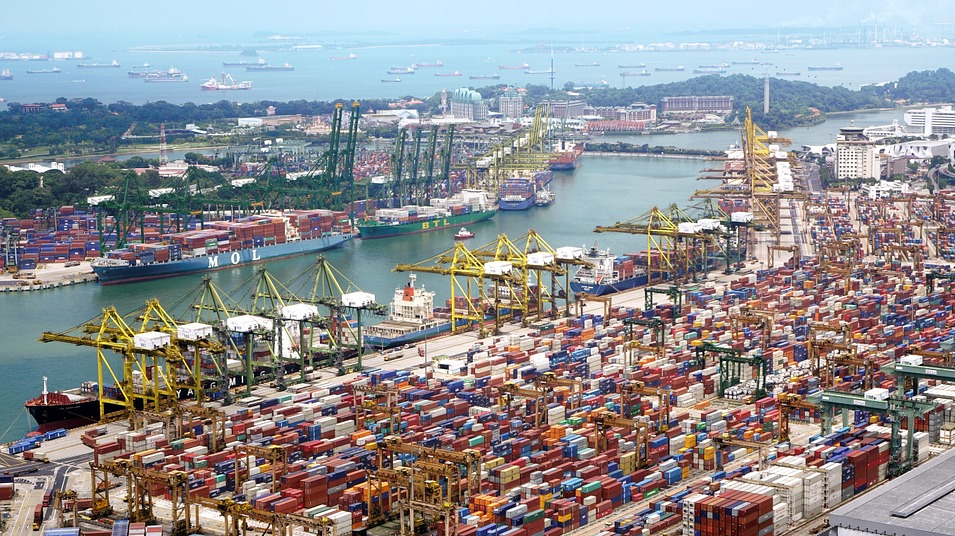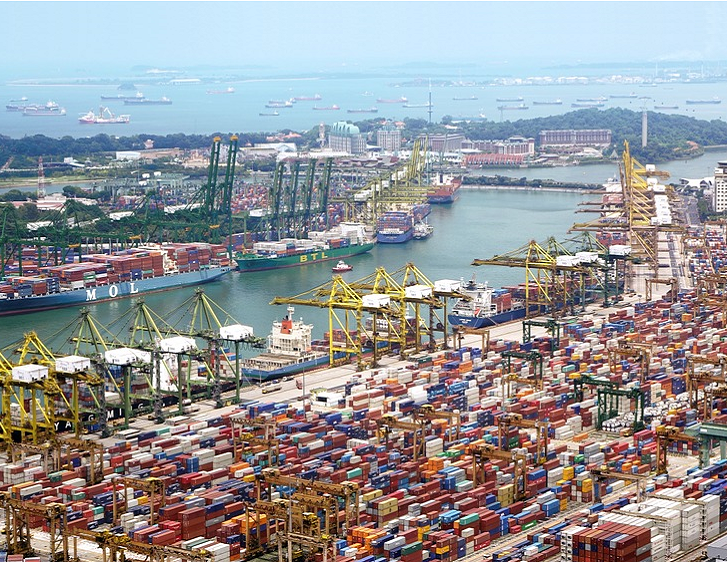Importing items to your country is one of the most crucial parts of the logistical operations of a large chunk of businesses and there are certain things an independent freight forwarder needs to bear in mind to prevent the cargo from getting stuck at any point during its journey. In today’s post, we are going to make the task of importing easier for you by enumerating 5 most important tips for a seamless import process.
-
Keep the papers handy
You need to keep your commercial invoice, packing list, letter of credit, and bill of landing (for sea freight) or airway bill handy as most customs officials are known to ask for these documentations. Additionally, your customs broker will tell you about any further paperwork such as license, certificates or permits that you might require to finish the process.
- Determine the shipping route
In case there is no direct shipping route between the point of origin and destination then your shipment has to be transhipped at a different dock or airport en route. Indirect shipments have greater chances of delays and in that case, it is imperative for the freight forwarder to know about the route which the cargo is going to take. Also make sure to let your customer know about this info to avoid any misunderstanding. Moreover, you also need to be aware of any legislation which might be applicable at one of the transshipment ports to prevent any unpleasant surprises concerning charges.

-
Know the demurrage policies
Keep in mind that the terminal operators will not be considering the reasons why your shipment was held up while charging the demurrage fees. Although the allotted free time depends on the mode of transportation and the port, shipments coming by air generally get just 48 hours of free time. Ocean shipments on the other hand receive 4 days to move out from the dock and certain special containers get even less time. As a freight forwarder, you need to know the demurrage policies at the destination port to eliminate the chances of any extra fees.
-
Pay attention to packaging
Your cargo has to be packed properly at the port of origin so that it reaches the consignee absolutely intact. The packaging is a very important aspect of importing since the shipment has to go through several stress factors like loading/unloading in bad weather conditions, dropping, dragging, stacking, open storage etc. Packing the cargo on regular pallets makes for easy handling while proper weight distribution inside the container is also important. Shipping by air doesn’t require rigorous packing like in ocean cargo and while packing your goods make sure to keep the weight and volume to a minimum. This will ensure no additional costs. Many forwarders use simple boxes without a brand name or logo for reducing the chances of theft. If you go for wooden packing boxes then label them with the ISPM 15 mark to show that the wood doesn’t lead to the spreading of timber pests.
-
Avoid receiving your shipment on a holiday
Always make sure to check the public holidays in your city and if possible make sure to avoid having your cargo reach the destination on a public holiday. Although ports are airports are usually operational even on public holidays, customs and quarantine officials might be on leave or might not be operating at their full capacity. This could lead to delays and additional expenditures.


